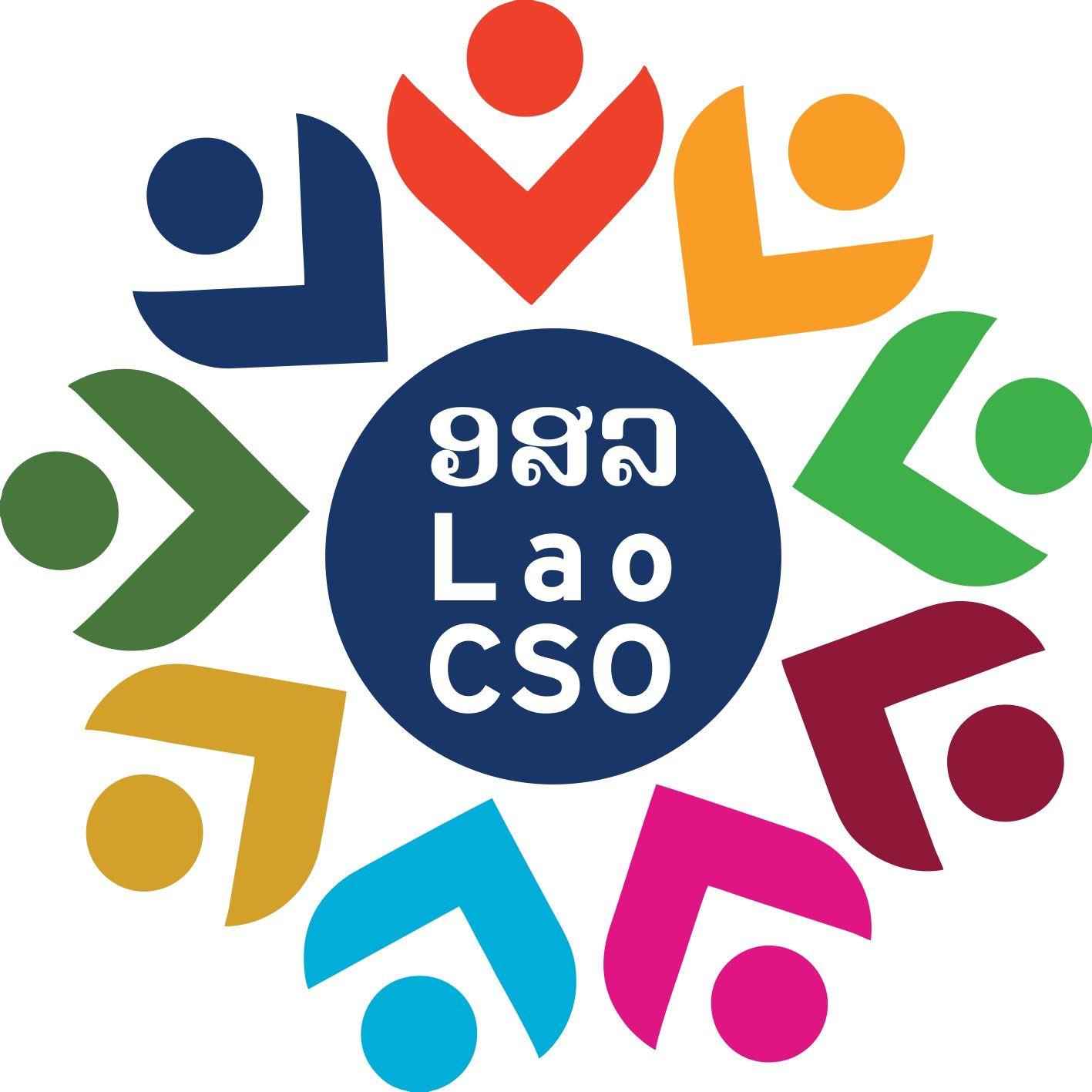Technical Assistance for Baseline Survey

- CHIAs
- Savannakhet
- Apply by: May 19, 2025
- 261 views
Job Description
Terms of Reference for Technical Assistance for Baseline Survey
in Savannakhet province
Supporting Community Participation in the Implementation of the National Strategic Plan to Eliminate TB in Savannakhet Province
- Overview
The Supporting Community Participation in the Implementation of the National Strategic Plan to Eliminate TB in Savannakhet Province funded by L’intiative, Expertise France and implemented by Community Health and Inclusion Association (CHIAs) and Humana People to People (HPP) to contribute to the implementation of the National Strategic Plan to eliminate Tuberculosis in the Lao PDR through targeted and equitable support to an accessible and quality TB active case finding and treatment services network, and also contributing to national socio-economic development periodically in 1 city and 14 districts in Savannakhet province. Savannakhet is the second most populous province after Vientiane Capital, with a population of 1.1 million. Millions of people. 1 Across all 15 districts, 84% of all villages are located in rural areas, of which 19% have difficult access roads. 2 In 2022, Savannakhet province has an estimated TB incidence of 132. people, with a cure rate of 59%, with approximately 587 cases of TB lost. Only 83% of TB patients know their HIV co-infection status and 31 People are diagnosed with co-infection with tuberculosis and HIV, and the province also announced that there are 12 People with drug-resistant tuberculosis in 2022 and 1 person died. A total of 97% of people have been successfully treated for tuberculosis, 2% died and 1% were lost to follow up and there were no cases of treatment failure
The Technical Assistant (TA) will provide expert guidance and oversight for the baseline survey for TB and HIV infection integrated to GEDSI, ensuring that the methodologies employed are rigorous, culturally appropriate, and effectively incorporate GEDSI principles. The TA will work closely with stakeholders to facilitate data collection, analysis, and dissemination of findings that can inform future interventions.
- Specific Responsibilities
- Survey Design and Methodology
- Framework Development: Create a survey framework that combines quantitative and qualitative methods, integrating GEDSI considerations throughout.
- Sampling Strategy: Determine and justify suitable sampling techniques, such as stratified or cluster sampling, to ensure diverse representation, especially from marginalized groups impacted by TB and HIV.
- Methodology Review: Review existing methodologies from similar surveys to incorporate best practices and lessons learned.
- Development of Survey Instruments: Develop and pilot test survey instruments (e.g., questionnaires, focus group discussion guides) that effectively capture essential data on TB and HIV, as well as GEDSI-related factors.
- Community Engagement and Capacity Building: Identify and map key stakeholders, including health service providers, and TB affected populations, to engage in the survey process.
- Data Collection Oversight: Oversee the data collection process, ensuring compliance with ethical standards and data quality assurance protocols.
- Data Analysis and Interpretation: Develop a detailed analytical framework that specifies the statistical methods and software to be used for data analysis (e.g., SPSS, R).
- Reporting and Dissemination: Prepare a comprehensive baseline survey report that includes:
- Executive summary
- Methodology section
- Detailed findings with disaggregated data
- Discussion of implications for policy and practice
- Recommendations for future interventions
- Stakeholder Engagement: Facilitate workshops and consultations with stakeholders to present findings, gather feedback, and collaboratively develop strategies to address identified issues.
- Deliverables and timeline
- The scope of work will be executed over a period of 15 days of with specific milestones outlined for each phase, including:
Deliverable
#days
timeline
Call for applicants
5 – 18 May 2025
Sign contract
21 May 2025
Completion of survey concept note and methodology
3 days
21-23 May 2025
Hold a consultation workshop with NTC and PHO for the survey concept and tools
1 day
28 May 2025
Pilot testing of instruments
1 day
7 June 2025
Data collection period
5 days
12-16 June 2025
Draft report submission
3 days
21-23 June 2025
Final report and presentations
2 days
29-30 June 2025
- Qualifications
Education: Advanced degree in public health, epidemiology, social sciences, or a related field.
Experience:
- Minimum of 10 years of experience in health program management, specifically in TB/HIV/AIDS.
- Proven experience in developing and implementing integrated health service delivery models and guidelines.
Skills:
- Strong analytical skills with the ability to interpret complex data and develop actionable insights.
- Excellent communication and interpersonal skills to engage with diverse stakeholders.
- Familiarity with health information systems and data management.
- Application Process
Interested candidates should submit their CV, cover letter outlining their relevant experience and study concept to Ms. Chinadavanh Singhalath, e-mail chindavanh.chias@gmail.com, cc: ingerd@humana.org
Tel: 020 91731133
Application deadline: 9 -19 May 2025
Downloads
Contact
- chindavanh
- Technical Assistance for Baseline Survey
- 020 91731133
- chindavanh.chias@gmail.com, cc: ingerd@humana.org
